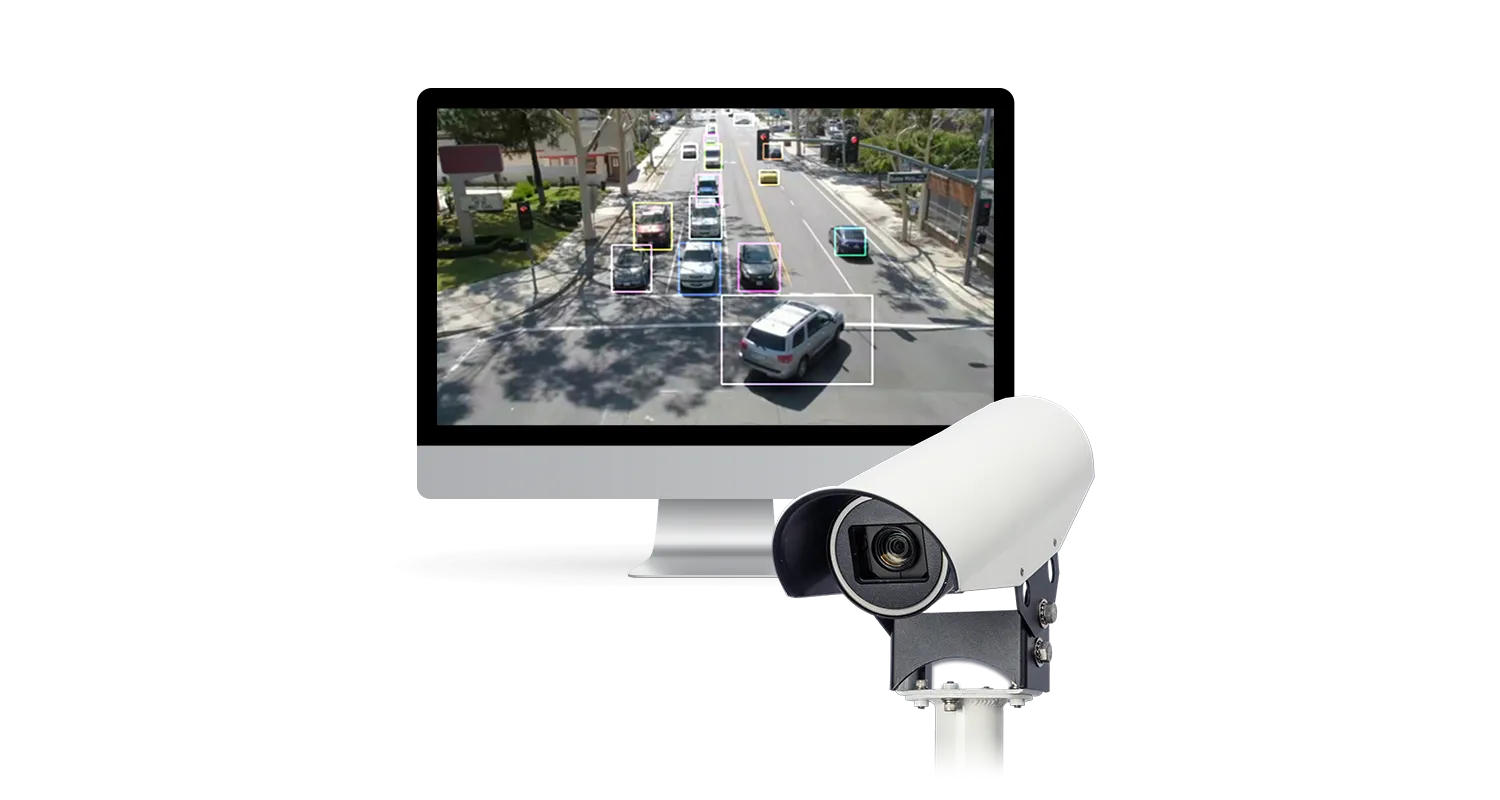The City of Madison, Wisconsin, in association with Strand Associates, was recently awarded the ITS Wisconsin Project of the Year Award for the Verona Road Adaptive Signal Control Deployment. The project deployed Econolite’s Centracs Adaptive ahead of major highway improvement construction to help better manage alternative route/bypass traffic along an already high-volume corridor.
The City worked proactively to address the projected 20 per cent increase of traffic volume through the alternative route by
November 4, 2015
Read time: 2 mins
The City of Madison, Wisconsin, in association with Strand Associates, was recently awarded the ITS Wisconsin Project of the Year Award for the Verona Road Adaptive Signal Control Deployment. The project deployed 1763 Econolite’s Centracs Adaptive ahead of major highway improvement construction to help better manage alternative route/bypass traffic along an already high-volume corridor.
The City worked proactively to address the projected 20 per cent increase of traffic volume through the alternative route by using intelligent transportation system technology, particularly adaptive signal control.
Centracs Adaptive is a module integrated in Centracs ATMS. For this project, the City of Madison deployed Centracs Adaptive to 13 signals along the alternative corridor. Installed in July 2014, Econolite claims Centracs Adaptive has been validated to reduce travel times by up to 22 per cent and provides the City with excellent incident response capabilities.
“Having recently timed this corridor, we were very pleased with the effectiveness of Centracs Adaptive to significantly reduce travel times even over a newly timed corridor,” said assistant city traffic engineer Scott Langer. “You might expect a 22 per cent improvement over previously non-timed signals, but this kind of result to recently timed signals speaks volumes to the legitimacy of adaptive signal control in improving travel times.”
Partnering with the City of Madison were the City of Fitchburg, Dane County, Wisconsin DOT, Strand Associates, and Econolite distributor Traffic Control Corporation.
The City worked proactively to address the projected 20 per cent increase of traffic volume through the alternative route by using intelligent transportation system technology, particularly adaptive signal control.
Centracs Adaptive is a module integrated in Centracs ATMS. For this project, the City of Madison deployed Centracs Adaptive to 13 signals along the alternative corridor. Installed in July 2014, Econolite claims Centracs Adaptive has been validated to reduce travel times by up to 22 per cent and provides the City with excellent incident response capabilities.
“Having recently timed this corridor, we were very pleased with the effectiveness of Centracs Adaptive to significantly reduce travel times even over a newly timed corridor,” said assistant city traffic engineer Scott Langer. “You might expect a 22 per cent improvement over previously non-timed signals, but this kind of result to recently timed signals speaks volumes to the legitimacy of adaptive signal control in improving travel times.”
Partnering with the City of Madison were the City of Fitchburg, Dane County, Wisconsin DOT, Strand Associates, and Econolite distributor Traffic Control Corporation.








